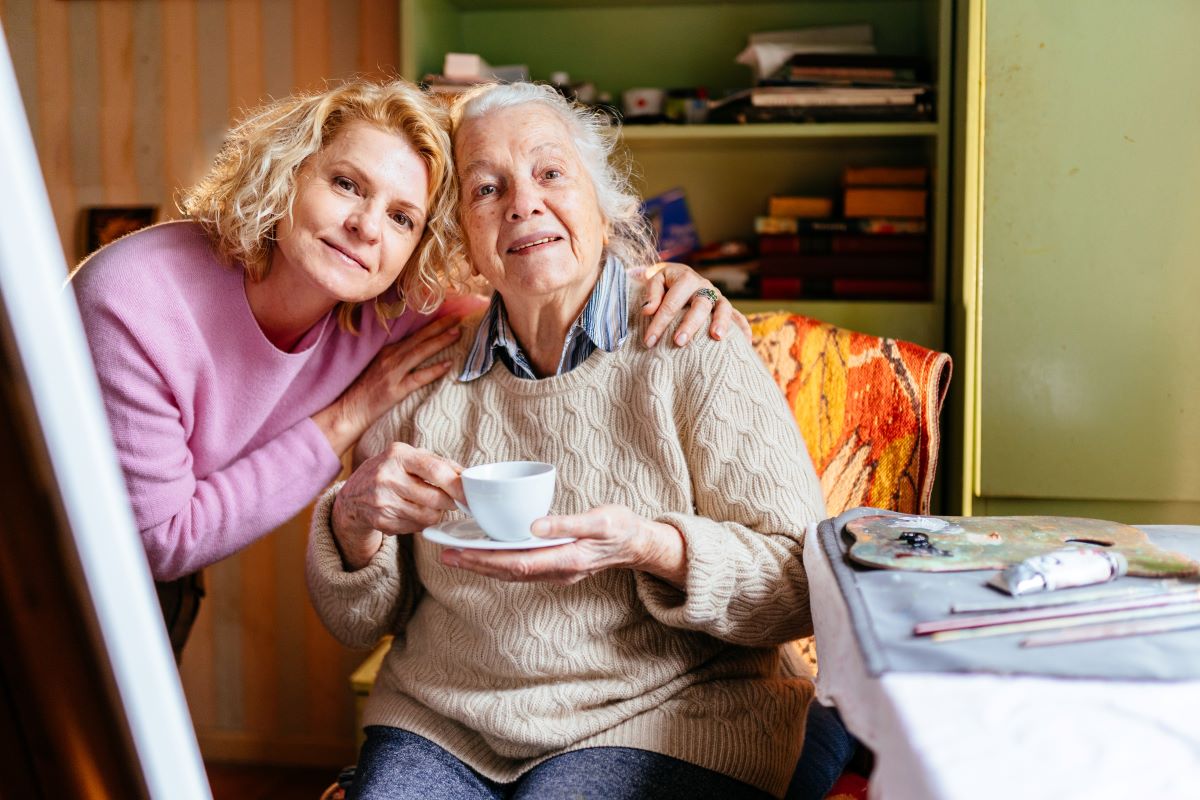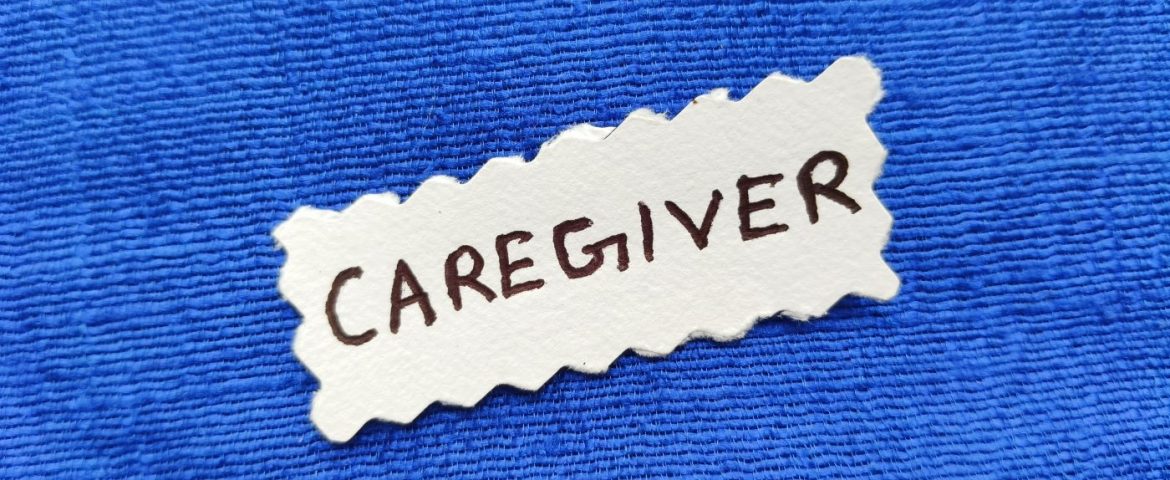You may be one of the 44 million Americans who provide unpaid care to an older adult or a person with a disability. That person may be your spouse, your parent, or even your child. You are motivated by love and concern and your desire to help them experience the best quality of life possible.
Yet, you are struggling yourself.
Studies reveal that between 40-70% of caregivers suffer from clinically significant symptoms of depression. One quarter of that group meet the diagnostic criteria for major depression.
Caregivers often describe their feelings of frustration, anger, feeling drained, guilty they are not doing more, and helplessness as a result of providing endless care to their loved one. They feel as if they’ve lost control of their own lives and even lost their identity.

Helping an elderly or disabled person with toileting, hygiene, dressing, mobility, meals, errands, medical visits, often on the slowest setting, sometimes with resistance and repeatedly each and every day, frankly, is exhausting.
Sometimes it feels like there is no way out. But it doesn’t have to.
Let’s take a look at some things that you might be doing that’s making your caregiving role harder than it has to be.
5 things that may be making your caregiving harder
- To the outside world you act like you’ve got it in hand. People ask if there is anything they can do, and you decline their assistance. You make everything look good on the outside when you are struggling on the inside.
- You think you are the only person who can provide the right care to your loved one 365/24/7. You fear anyone else’s care but your own, at times to your own detriment.
- You neglect outside friendships and relationships because you don’t have the time and energy to invest in them, which leaves you feeling isolated and alone.
- You focus so much on your loved one’s health needs that you forget your own and your health starts to decline.
- You brush aside your feelings of grief, loss and anxiety instead of getting the mental health support you need.
A caregiver quickly learns that they have limited internal resources; they get tired, impatient and grouchy at times. It feels like their life as they knew it has been stolen from them.

Instead try these 5 things to improve your health and well-being.
- Receive help from those who offer it. If someone calls and asks if they can pick something up from the store for you or help around the house, let them. Serving makes people feel good and it helps you as the caregiver.
- Work with a reputable caregiving agency to find qualified personnel to fill in for you a few times a week. If a trusted friend or family member offers to care for your loved one so you can get away, accept the offer and give them the instruction they need to provide the proper care.
- Maintain your most trusted friendships, even if it is just by text or occasional phone calls to alleviate isolation and loneliness. Allow friends to pay short visits or bring meals if they offer.
- Take care of your own health. Get your annual physical and the appropriate health screenings your doctor recommends. The healthier that you are, the better you will feel as you care for your loved one.
- Acknowledge your feelings of depression, loss or anxiety. Caregiving is hard and these feelings are real. Talk to your doctor for recommendations about treatment that might include talking to a therapist.

Providing loving care to a spouse, parent or child in your life who is unable to do it for themselves is a beautiful demonstration of selflessness. While it is a sacrifice that few regret doing, it remains a challenging journey for those on this road.
Just as the flight attendant instructs passengers to put on their own oxygen mask before that of their dependents, the caregiver must mind their own needs in order to provide the best care to the person they are caring for.
Accept help, get time away, maintain friendships and take care of your physical and mental health.


